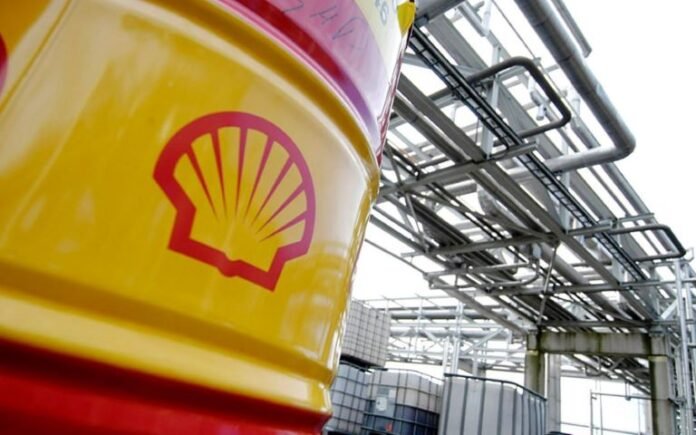Shell Plc and its Nigerian subsidiary, now Renaissance Africa Energy Company, will stand trial in London’s High Court in 2027. The case involves alleged long-term oil pollution affecting the Bille and Ogale communities in Nigeria’s Niger Delta.
The legal fight began in 2015, when law firm Leigh Day filed suit on behalf of these communities. Residents say chronic oil spills have destroyed farmland, contaminated water, and ruined fish stocks. They also claim the pollution poses lasting health risks.
The matter has had several court rulings. In 2017, the High Court, and again in 2018, the Court of Appeal dismissed the case, saying Shell owed no duty of care. But in 2021, the Supreme Court found that “a real issue to be tried” existed. A High Court ruling in November 2023 then allowed the case to proceed.
A preliminary hearing between February and March this year examined Shell’s liability defence. Judge Mrs Justice May rejected Shell’s time-bar argument and allowed the case to continue, noting “some 85 spills have, so far, been identified.” She added the case remains “at a very early stage” despite its age.
She also said recovering damages related to oil theft or illegal refining could face “very significant hurdles.” However, she cautioned that “at this preliminary stage I do not think it would be sensible or right to give a definitive answer.”
Hope for justice as Shell faces consequences
Leigh Day partner Matthew Renshaw welcomed the outcome, saying “Shell’s attempts to knock out or restrict these claims… have been comprehensively rebuffed.” He added, “This outcome opens the door to Shell being held responsible for their legacy pollution.”
Shell responded by pointing to thieves and saboteurs as the primary cause of spills. A spokesperson said these incidents often involve “third parties acting unlawfully” who tap into pipelines.
For context, the Niger Delta has seen decades of environmental degradation, prompting efforts by NGOs and community groups to document and clean up spill sites. Many international watchdogs rank it among the world’s most polluted hotspots.
Parallel Suit over Shell’s Asset Divestment in Bayelsa
In a related case, the Federal High Court in Yenagoa adjourned a lawsuit to July 22. The suit, brought by King Bubaraiye Dakolo of Ekpetiama, challenges Shell UK’s asset transfer to indigenous companies.
The claimant says Shell violated the Petroleum Industry Act when divesting onshore and shallow-water assets. He also seeks clean-up of 40 years’ worth of pollution in his community, near the Gbarain-Ubie gas plant.
His lawyer obtained court approval to serve Shell UK PLC in the UK and Netherlands. Defendants in the case include Shell entities and government agencies.
As legal scrutiny intensifies, both UK and Nigerian courts prepare to assess Shell’s historical impact on the Niger Delta.
Rate, Like 👍, Comment, share this article and Follow us on our social media handles.







